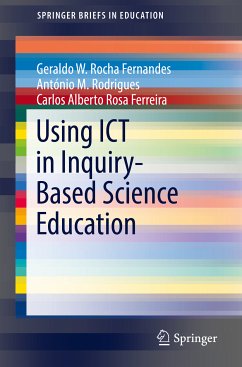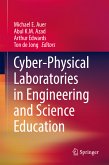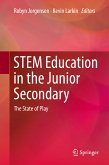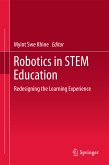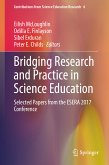Based on these conclusions, the volume identifies the main ICTs used in inquiry activities, the main steps in inquiry activities used in science education and their approaches to the use of ICT. It shows that the use of ICT in Inquiry-Based Science Education allows students to develop more active work styles, improved attitudes towards science, better conceptual and theoretical understanding, improved reasoning, better modelling capabilities, and improved teamwork, along with improvements in other abilities.
Using ICT in Inquiry-Based Science Education will be a valuable resource for science teachers and science teacher educators looking for an introductory text that presents an overview of the scientific research analyzing the implementation of digital technologies in science teaching and that provides useful insights to all educators interested in using digital technologies to introduce their students in the world of scientific inquiry and research.
Dieser Download kann aus rechtlichen Gründen nur mit Rechnungsadresse in A, B, BG, CY, CZ, D, DK, EW, E, FIN, F, GR, HR, H, IRL, I, LT, L, LR, M, NL, PL, P, R, S, SLO, SK ausgeliefert werden.
Hinweis: Dieser Artikel kann nur an eine deutsche Lieferadresse ausgeliefert werden.

